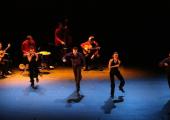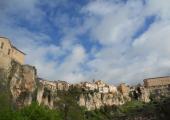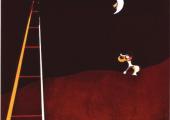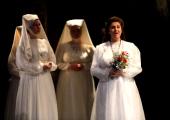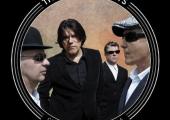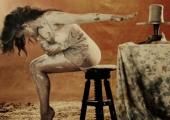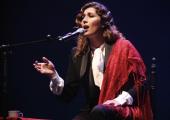Pénombre, Rosalba Torres Guerrero & Lucas Racasse, Sadler's Wells
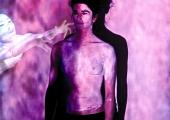
A dance vision has all the occluded focus of a dream
Pénombre, penumbra: "The partially shaded region around the shadow of an opaque body, when the light source is larger than a point source and only part of its light is cut off (contrasted with the full shadow or umbra)." Pénombre, penumbra: "An area where shade blends with light; a shadowy area." Pénombre, penumbra: "A faint intimation of something undesirable; a peripheral region of uncertain extent; a group of things only partially belonging to some central thing." So even as we start, we are already in the shadows.

